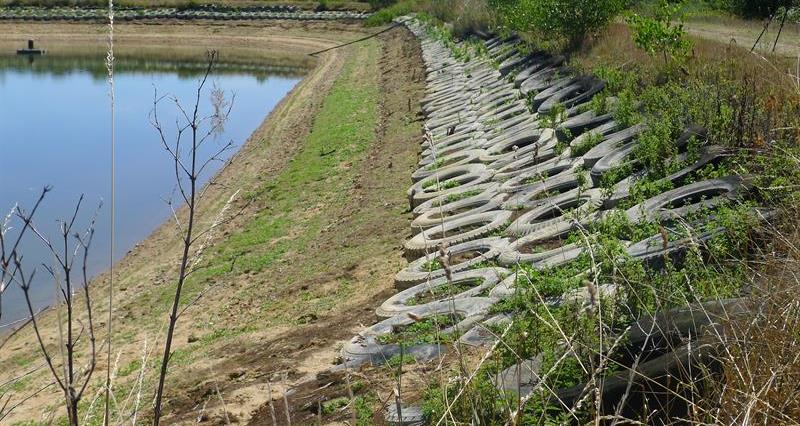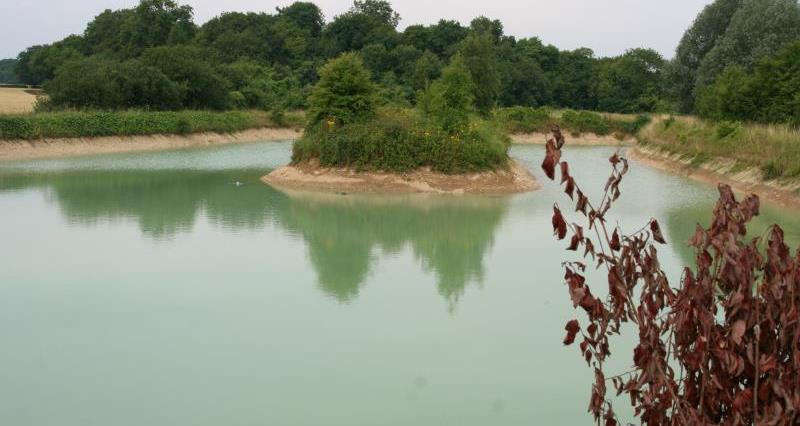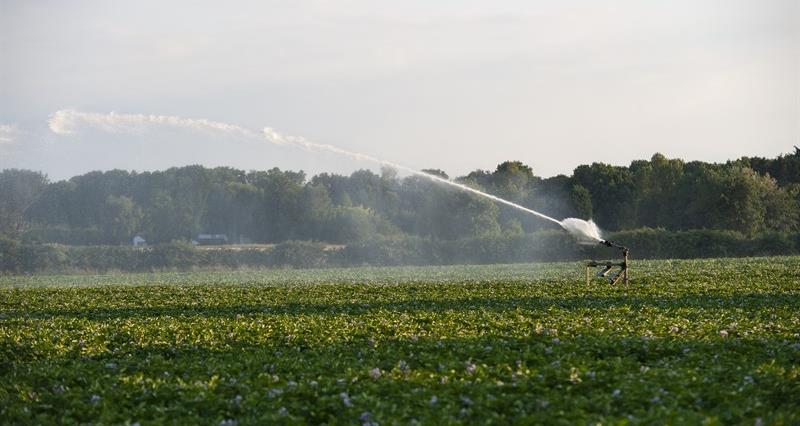There are enormous pressures on our water resources from climate change (irregular periods of both wet and dry weather), the need for more housing, business growth and all the while the aim to better protect our streams and rivers.
The challenge is to build resilience into how we use water so that what we take from the environment is sustainable in the future.
Agricultural abstraction
Although agriculture is a smaller abstractor of water nationally, regionally and in specific catchments it is significant, particularly at times of peak demand. Farmland also acts as the biggest receptor of rainfall that recharges our groundwater and rivers.
Water for food is a critical element in providing food security nationally. Enabling farm businesses to continue to access the water they need is a key policy priority for the NFU.
Read more on how the NFU works with the Water for Food group.
National water resources planning
The EA (Environment Agency) has responsibility for planning to meet the water resource challenge in the future and in 2020 introduced the NF (National Framework) with regional groups that are planning for water resources in 2050.
It has been intended for these groups to work with all water users – water companies, agricultural abstractors and other sectors who rely on water from the environment in developing their plans, but lack of funding has been a key barrier to incorporating agriculture and other sectors to date.
The NF is currently being reviewed after five years in practice and a revised version will be published in 2025.
The NFU, together with the Water For Food group, are represented on the three main water resources planning bodies nationally.
- Leadership Board – advises regulators and regional planning groups of the future direction of water resources planning and measures the success of regional plans.
- Regional Coordination Group – coordinates water resources planning activity and engagement at a national (England and Wales) level between participants.
- Senior Steering Group – provides strategic guidance and engages across all the participants for national water resources planning to monitor progress in the delivery of regional plans.
We also provide representation within each of the regional planning groups:
- WRE (Water Resources East)
- WRSE (Water Resources South East)
- WRW (Water Resources West)
- WReN (Water Resources North)
- WCWR (West Country Water Resources)
By being a part of these groups, we can make the case for agriculture’s need for water and support the groups to include agriculture in their plans.
We are working to get the EA and regional planning groups to better include agriculture in their output so that agriculture has access to a fair share of available water to support economic growth and food security in the future.
As part of this national work, we are supporting calls for the following to be included in the revised National Framework:
- A comprehensive description of the pressures on water resources including food security, meeting environmental demand, population growth, development and business growth, as well as climate change.
- Plans that cope with uncertainties generated by the need to meet a range of possible environmental scenarios and emerging demands, such as hydrogen production and AI data centres.
- Developing new options with sources of water.
- Emphasis how proposed plans can be practically delivered on the ground.
- Clarity on decision making and the evidence needs around the protection and allocation of future water rights and competing demands – how decisions are made on abstraction licences needs to be transparent and justified.
- A description of the water resources planning landscape across all sectors – a map of who does what.
- An explanation of how the different timelines for the EA reviews of abstraction licences, water company price reviews and regional planning work together.
- A commitment to work across sectors with drought plans so that the needs of agriculture at critical periods are met.
Funding water resource planning on the ground
In April this year, the EA announced £1.6 million worth of funding to support agricultural water resource planning. This covers pilot projects with groups of farmers to develop local water resource options, supply/demand balance models for priority catchments and building capacity within regional groups' governance and delivery for agriculture.
This is a welcome start to better funding agricultural inclusion when planning for future water needs. However, this funding will only demonstrate the opportunities which come from including farmers and is not a long-term solution for funding.
The NFU is collaborating with Water For Food and regional planning groups on maximising the resources available for agriculture with the aim of increasing the number of WAGs (water abstractor groups).
These groups have the collaborative capacity to work more effectively with each other, abstractors in other sectors and the Environment Agency to better understand and manage the risks they face.




